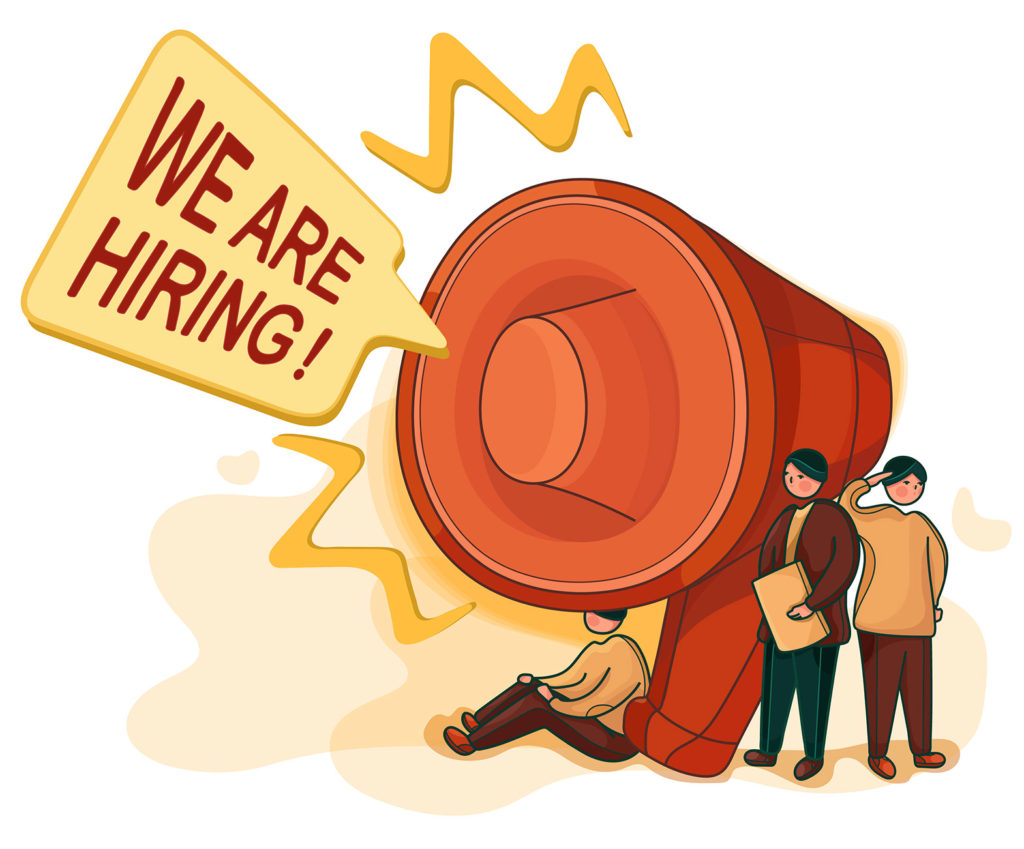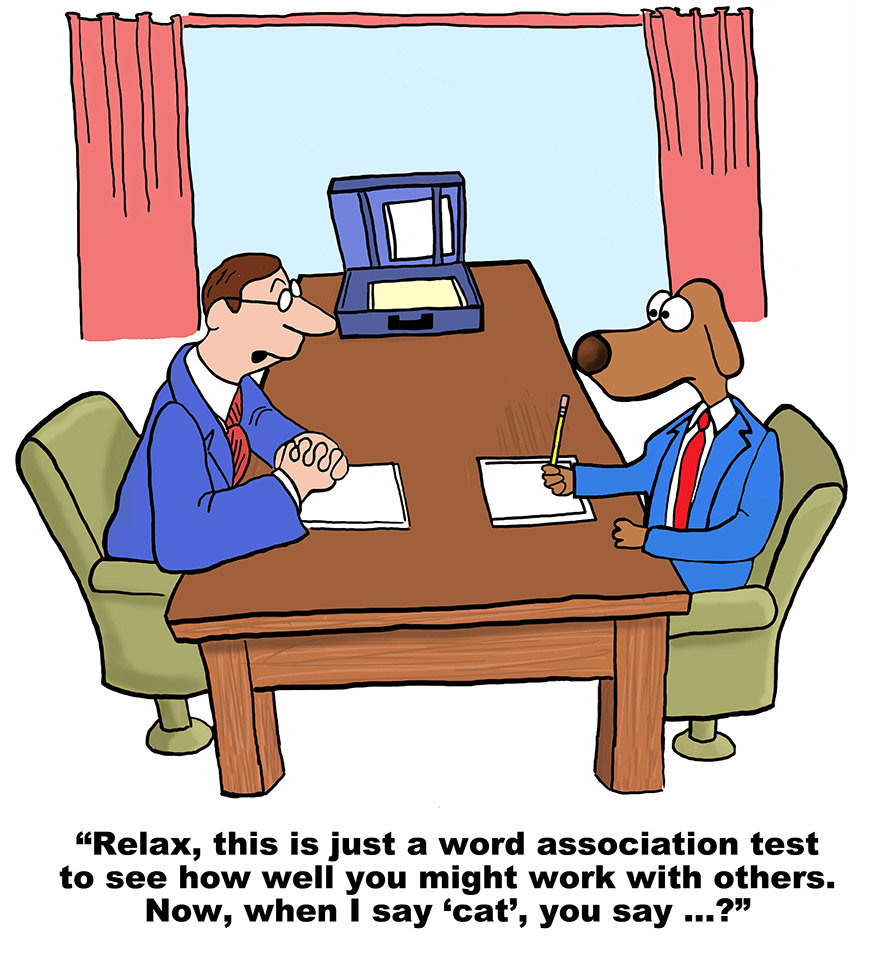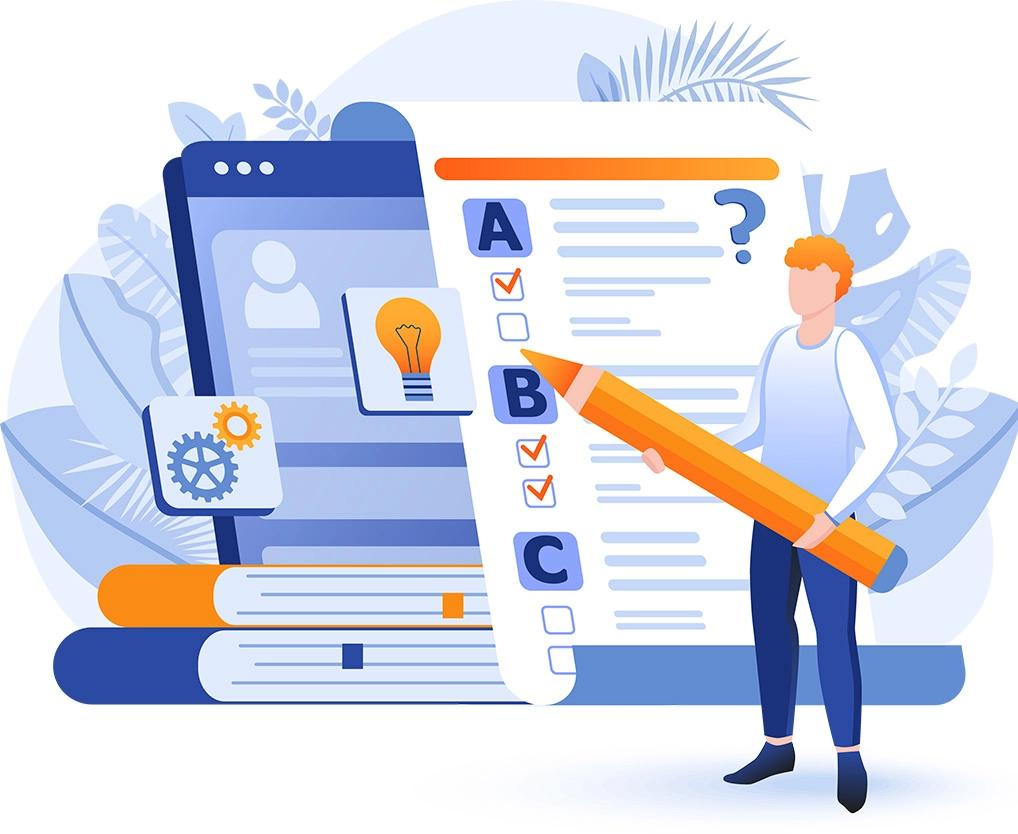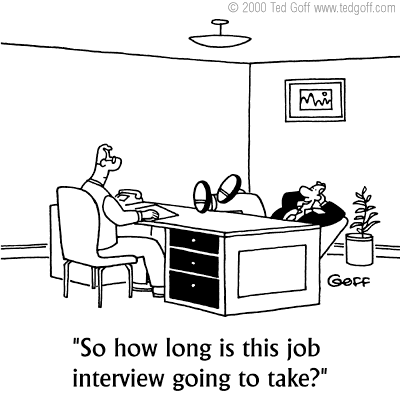
We frequently have clients make very positive statements about the people who work for Wittij Consulting. I have a track record of hiring many great people over the course of my career. While the process I follow has evolved over the years, it has always enabled me to find the right people. The people I hire tend to be strategists, enterprise and solution architects, and business and data analysts, but I trust my process to help you find the right person for any role!
Of course, a critical factor in the excellent work of the people I hire is the support that starts once they are hired. A significant contributor to having great performing people is providing them with the proper foundation, like clear "playbooks" sharing your best practices and processes, a mentoring culture, and open communication of expectations. But all of that requires you to hire the right people, so I thought I would take the time to share a process that has resulted in countless remarkable people.
First, it is essential to be clear that when you are hiring, you are hiring people. Not "resources," "talent," "workforce," or any of the other words we use in corporate speak to refer to people without saying "people." You are hiring people; people just like you, except at this moment, they are sitting on the other side of the desk. If you have worked with me or read my other articles, you are aware of the importance I place on respect and transparency. As two of my company's core values, they are in full force throughout our interview process.

I also find the concept of matching very powerful. When hiring great people, "great" isn't universal; it requires context. You are trying to hire someone who is great with your team, for your company, and in your specific role. I am an expert enterprise architect, but you would never want to hire me to name your company, for example. When I am looking to add people to my team, I receive plenty of impressive resumes and interview many highly skilled people. I am looking for someone who is an excellent match for my context. What is a match? Well, I am glad you asked! There are two assessments and two key decision-makers for a match. The two assessments are:
So if the decision-makers don't assess that the answer to both questions is "yes," then there isn't a match and moving forward is a mistake for both of us. The two decisions makers are:
That means the entire interview process is a two-way conversation and a two-way assessment. We are interviewing each other, and we are each selling ourselves to the other. We are learning about each other and evaluating what it would be like to work together. The end goal is a mutual decision that a relationship makes sense (or doesn't make sense) for both of us.
It is important to remember that when you are pursuing any relationship - a job, a client, or even a life partner - a decision by the other party to not proceed with the relationship is not a judgment on you as an individual but a negative assessment of a match.

The second key thing is that the entire process is a test. We are client-facing consultants, and so how we interact and manage ourselves and our behavior is a critical part of what we do and what we deliver, regardless of the specific skill we're providing. The same holds for any role in any company. That means the person we are interviewing has to demonstrate that they are the right people for our context every step of the way, e.g., how they email, coordinate, handle interviews, and communicate. Does that mean one slip up and you are out? Probably not, although it depends on the slip-up. But if there is a slip-up, then the test shifts to how the candidate reacts when things don't go well and how they take critical feedback. The whole interview is a small sample of all the "soft skills" they will need to use day-to-day working for us, so it is an excellent opportunity to demonstrate their skills (or not). Want to hire great people? Pay attention to the details!
Based on those principles, we have a multi-step process that we use to determine there is a match.

As I mentioned, our entire process is a two-way conversation. The conversation starts with a 30-minute introductory call where I sell Wittij Consulting: an "uninterview." I describe the company, the team, and the role, then answer any questions the applicant asks. The applicant is asked not to pitch themselves at all. I am giving them my Wittij Consulting sales pitch, but there are no tricks here. It is just a transparent overview, so the applicant can bow out if they decide this role isn't right for them upon learning more of the details.
We find it values both party's time to show your cards up front. We are sharing why we think it will be worth their effort to go through our interview process. If they want to proceed, we review the benefits we offer and ask for salary expectations. We publish ranges for all roles when we list them, but the specific salary depends on the applicant's skills and experience. We require a salary number from the applicant at this point, so we know when we need to stop wasting each other's time later in the process if we realize we will not be able to meet their salary expectations after learning more about their skills. Many applicants are pre-programmed to tell you what they are making now, but that is never our question. We want to know what would make them happy in this role. Remember? Happy and successful - that's the goal.
The transparency here is essential. If we trick someone into joining our team without being completely honest, then it is just a matter of time before we, they, and our clients are all unhappy.

The second step is a skills assessment. We have a list of skills that are important for each role, and we rapidly go through them with the applicant and ask them to provide specific examples of where they've demonstrated those skills. We ask them to not just say "yes, I have that skill," but give a work experience example. One of the challenges of interviewing is determining who will be good at the work vs. who is good at interviewing. If they are good at both, that's great, but if they are good at interviewing and not at the role, it isn't great. We find that drilling down to specific examples can help with this. As I mentioned above, the "test" isn't just if they have the skills, but how they handle the entire conversation. For example, how do they react when they don't have the skill being assessed?
We don't typically do much testing because most of our roles require broad technical skills and not necessarily specific ones. Still, when we try to add someone to the team with a particular skill set that is difficult to assess on phone calls, we sometimes employ online testing. We avoid multiple-choice "can you memorize stuff" testing and find testing that requires someone to produce a result. For example, we might have someone pull specifically requested information from a dataset for a data-intensive role. They're welcome to go use Google to figure out how they would arrive at that result. We expect them to use all available knowledge sources to research after they have the job, so why would we penalize them for doing the same while interviewing for it? You can configure most online tests with time limits to keep the "on the fly" learning within reason.
An exercise is highly effective at weeding out people who are good at interviewing but would not be good at what we do. We assign an exercise that requires the person to deliver something. It is time-boxed to be doable in an hour or so, and we send it out and let them provide a target date to complete it. The activity allows them to understand the work we do (and that they would be doing). Finally, it provides us an opportunity to learn so many things: how do they follow instructions, how do they communicate, and can they set appropriate expectations and then meet them? Those are all true regardless of the exercise. We usually ask them to draw a diagram in a notation we define, and they likely don't already know. The activity presents many additional opportunities to learn more about them: how they learn, how they handle negative feedback, and how they think abstractly. It isn't a pass-fail exercise. It is a fantastic way to see how someone delivers and enables a follow-up discussion to learn how they think and make choices.
Finally, they'll have a series of "two-way" interviews with other folks on the team to ensure there is a fit with the team and the role. It lets them know more about the company and get different perspectives on the company. We tell our employees they should be sincere in these interviews about how they feel about the company. Nobody wins if we trick someone into joining our team by describing things differently than they are.

I recently read a LinkedIn thread where people complained about companies making them jump through hoops and have so many interviews to get hired. The quote was something like, "after two interviews, you should know if you want to hire me."
I understand the frustration, but it seems crazy to me that the people on either side of the hiring desk would want to enter a working relationship without an appropriate amount of due diligence. In many cases, the frustration would be lower if the conversation were different and people weren't made to feel like the employer holds all the power in the discussion. The employer does not. Both parties have something to offer, and both parties need something.
It's all about the match.